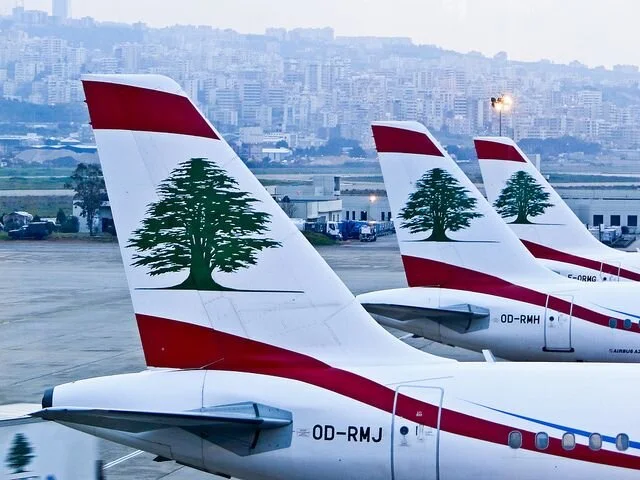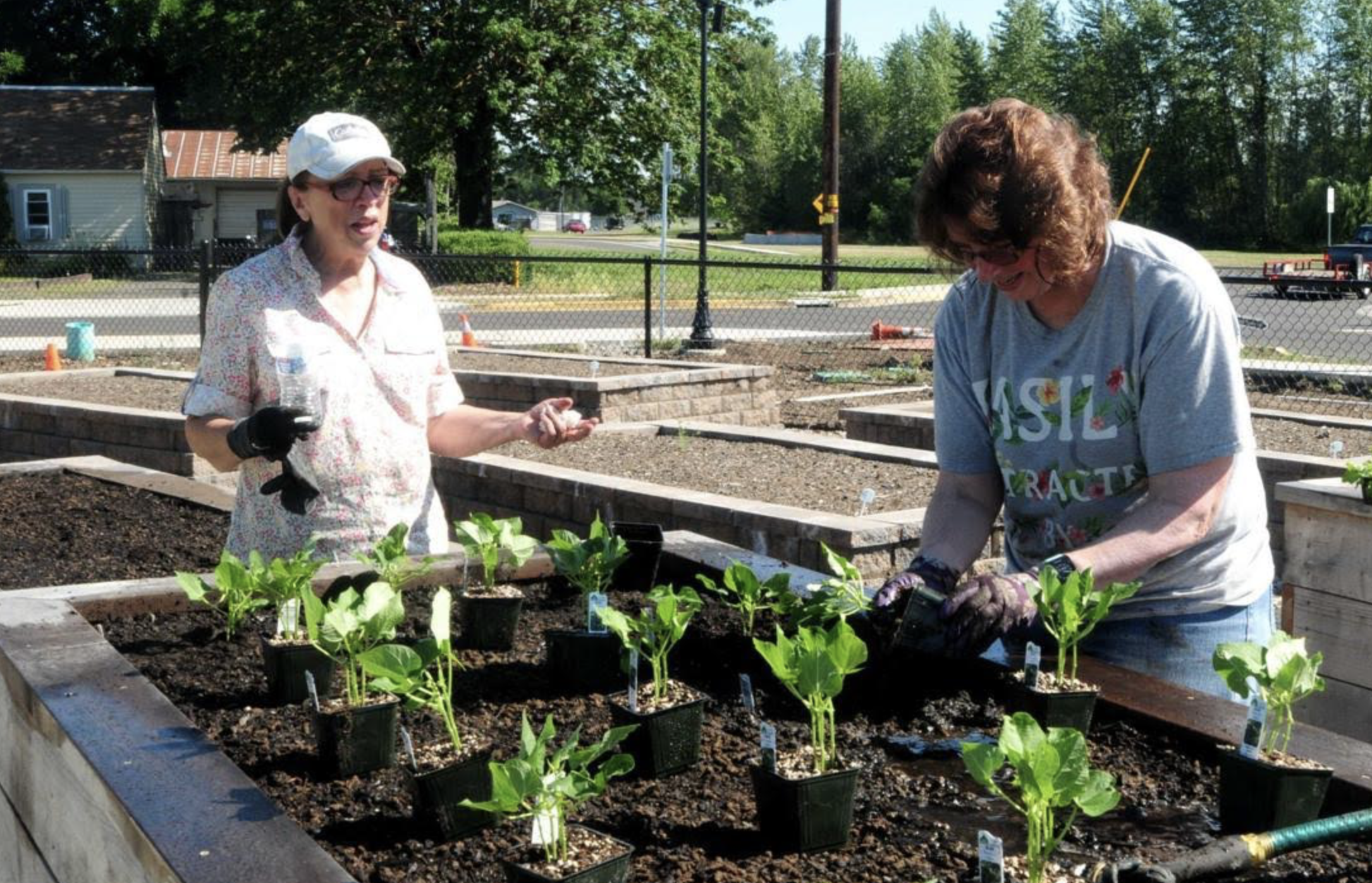
National News, Analyses & Opinions

Lebanon’s Economic Recovery Plan Part 2: Banking
Analysis by Sandro Joseph Azzam, Staff Writer
This article is part of a more general series discussing Lebanon’s Economic Recovery Plan. Each piece tackles a different aspect of the reality of current events, explains the economic or financial principles behind it and provides the real solutions that Lebanese citizens deserve to see implemented. This article delves deeper into the consequences that Lebanon will witness in its banking sector under certain scenarios.

BDL’s Dollar Injection is Bad News
Opinion Analysis by Sandro Joseph Azzam, Staff Writer
The solution to the ongoing USD/LBP exchange rate crisis that Lebanon’s policymakers came up with was a dollar liquidity injection from the Central Bank’s reserves, to the tune of some 200 million USD. While some may believe this is the right solution, injecting dollars into the market as it stands today is like giving heroin to an addict. No matter how long they have been deprived of their drug, the second it is made available to them, they relapse.

What it means to be Black and African in Lebanon: Raw Stories from 21 Black African students at the American University of Beirut
Analysis by Claudette Igiraneza, Contributor
Racial discrimination against Black people is an allegation that no Lebanese wants to be associated with. The majority of Lebanese think that they are not racist and there is no racism in Lebanon. This is the joint testimonies of Black people who live, visit, or study in Lebanon, over 90% of them reported facing racial discrimination during their time in Lebanon.

The US Caesar Act: Another Violation of Lebanese Sovereignty?
Policy analysis by Rhea Haddad, Staff Writer
Currently, a new series of wide-ranging restrictions by the United States threaten to add to Lebanon’s troubles. Analysts warn that the Caesar Act could foster greater political instability and conflict in Lebanon over the divisive issue of ties with Syria, at an intricate time when negotiations with the International Monetary Fund (IMF) are ongoing and Lebanon is in a spike of economic chaos.

Lebanon grasps tourists with airport reopening the 1st of July
Opinion Analysis by Tala Karkanawi, Staff Writer
Rafic Hariri International will reopen to passenger traffic by the first of July at the latest. With an ongoing economic crisis and a nationwide lockdown which has impacted Lebanon and the rest of the world, the economically shattered country eyes tourism as it hopes to jump-start this sector with hope it may bring a breath of relief to the country

The dual effect of the economic crisis and COVID-19 on Lebanese mental health
Opinion Analysis by Taleen El Gharib, Staff Writer
Lebanon continues to tiptoe around the dents left on mental health due to the Coronavirus, fearing what the upcoming months have in store. The current economic situation also weighs heavily on the people of Lebanon, where some goods have become luxuries rather than basic necessities. The dangerous mix of the recession of the Lebanese currency and lockdown have poked the stigma around mental health.

“11.73 secs. This is what defines me”
Analysis by Nour Chanouha, Contributor
“The “serlankiyye” came to class” was just the beginning of what Aziza Sbaity would endure and still does, for being a woman of color in Lebanon. However, instead of letting her skin color define who she is, Aziza let the records she broke on track speak for themselves. In a conversation with The Phoenix Daily, the fastest woman in Lebanese history shares how she was able to shatter the glass ceiling.

Incubating Potential: The story of young entrepreneurs in Lebanon
Opinion piece by Michel Sadek, Staff Writer
A vast majority of millennials in Lebanon want to use their skills to benefit their communities, yet we continue to deny them the right to see their ideas become a reality. Be it in the form of orientations, e-conferences, or accelerator programs, young entrepreneurs need everything they can get in terms of direction and prospective improvements. Nonetheless, society has continued to doubt their capacities and refrain from providing any guidance, resulting in a detrimental brain drain.

Lebanon’s Economic Recovery Plan Part 1: Exchange rate
Analysis by Sandro Joseph Azzam, Staff Writer
This article is part of a more general series discussing Lebanon’s Economic Recovery Plan. Each piece tackles a different aspect of the reality of current events, explains the economic or financial principles behind it and provides the real solutions that Lebanese citizens deserve to see implemented. This article tackles the past, present and future of Lebanon’s exchange rate regime.

Masked Heroes: the Lebanese nurses on the COVID-19 frontline
News Analysis by Taleen El Gharib, Staff Writer
Although drenched with blood, sweat, and tears, hope remains the most critical aspect of the hospital’s most vital organ — the team of brave nurses on the frontline of the pandemic. A few nurses have exclusively shared their experienced with The Phoenix Daily amidst their rollercoaster of emotions, that is the Coronavirus hospital unit and chronicled the strict procedure followed by essential workers amidst the pandemic all in the context of national political and economic insecurity.

Modern-day slavery in Lebanon: What it is, what has been done, and what we can do about it
Policy Analysis by Tala Majzoub, Staff Writer
It’s great that you feel the urge to get involved in the BLM movement. Now that the movement spiked your devotion, you know where to start. In what follows, we explain what the Kafala system is, how and why it is problematic, the rights-based frameworks other countries have adopted to abolish the system, and what we can each personally do about it.

Financial constraints inflict damage on migrant domestic workers, the backbone of several Lebanese sectors
Analysis by Dina Richani, Staff Writer
Months into the current ongoing crisis, and as liquidity becomes difficult to attain, employers are not paying migrant domestic workers their deserved salaries. As the absence of remuneration rises, many workers want to return home.“Employers who can no longer afford wages have stopped paying workers, leading to pay dispute tensions” says Dima Haddad at the International Organization of Migration (IOM) in Lebanon.

23 years of a pegged regime on the verge of termination
Policy Analysis by Gaelle Nohra and Rhea Haddad, Staff Writers
According to Fitch Ratings, Lebanon’s reserves have dropped nearly $3 billion since the end of 2018, leaving $29.1 billion in 2019, and an anticipated decline of $3 billion annually in 2020 and 2021 without the proper reforms. Accumulating political issues has further swallowed confidence leading foreign investment and remittances to fall off. In a country suffering trade deficit, capital inflows are a main route for Lebanon to equalize its balance of payments, keeping its reserves high. Lebanese citizens, victims of a vulnerable economy, reduced their local deposit by converting them to dollars..

Does our Lebanese identity fade with the excess of corruption?
Opinion analysis by Razan Abu Ismail, Contributor
It was the artists and photographers in downtown Beirut that reinstated my love and passion for the city and its art every time I visited Lebanon. It was their drawings and images that captured the liveliness of the city that solidified my love that continues to grow. Toufic Rmeiti, a photojournalist documenting the uprisings, had a lot of great insight to share with The Phoenix Daily exclusively. “Everyone in Lebanon is feeling the same pain all together, except some people practice their rights for freedom of speech but others choose to stay silent” says Toufic.
Lockdown has to end, right now - an opinionated analysis
Opinion Analysis by Tala Majzoub, Staff Writer
There is no concrete evidence that the lockdown is working. There is no guarantee or even probability that this lockdown will have made any impact on the overall numbers of deaths in say five years’ time. Lives 'saved' now may well be claimed later. Our own immune systems have been honed by hundreds of millions of years of evolution to cope with viral threats. They are the only way we survive in a world full of viral pathogens, many of which we have all already had without ever knowing. But let’s talk numbers now, shall we?

80 centimeters apart – Flight ME0204
Opinion news coverage by Racha Shaheen, Contributor
Flight ME0204, from London Heathrow to Beirut Rafic Hariri International Airport, was one of the few embassy assembled flights that allowed Lebanese students and citizens the opportunity to go back home to their families amid the global health pandemic Covid-19. Despite this flight’s ticket costing almost triple the amount of a normal one, people still paid, and Middle East Airlines took advantage of that. The testimony of a passenger of ME0204.

The bug outbreak: another item on the never-ending “worry list” of the Lebanese?
Analysis by Nour Chanouha, Contributor
“After the coronavirus, prepare yourself for a locust invasion” were among the numerous viral posts Lebanese were quick to share on social media. As of the night of Friday May 15th 2020, bug swarms were seen flying across Lebanese villages and large numbers of small black insects had to be cleaned up from houses in several cities. In a conversation with The Phoenix Daily, Dr Khouzama Knio, Chair of the Biology Department and Professor at the American University of Beirut asserts that the mass emergence of insects in Lebanon is concordant with their normal life cycle that …

Lebanon: a Venezuela in the making?
Analysis by Zeina Dagher, Staff Writer
Lebanese-Venezuelans have been immigrating back to Lebanon in waves, fleeing a disastrous financial crisis that left Venezuela with tough food and medicine shortages, as well as extreme violence and dangerous gang activity. But little did they know that Lebanon could be on the way to experience the same. Analysts have been drawing parallels between the two countries in an effort to predict where Lebanon is headed and what solutions could work. The result?

Chaos theory and the butterfly effect: an eco-political illustration?
Opinion analysis by Gaelle Nohra, Staff Writer
The butterfly effect, underlying principle in Chaos Theory, states that tiny disturbances in initial conditions and inputs for any given system are prone to create large variations in the final output. Its presence in a dynamical system indicates how the latter’s components are anarchically moving. Evaluating the extent to which the chaos theory along with the butterfly effect, can be ascribed to the events taking place on the Lebanese eco-political theatre is critical in these times.

Lebanon: People resort to agriculture to prepare for what's to come (gardening 101)
Analysis by Michael Maalouf, Staff Writer
Whenever the country starts to witness a downtown, Lebanese people rush to the markets to stock up and do whatever is necessary to prepare for the worse, which led them to become prepping experts. The Great Famine of 1915-1918, the Lebanese Civil War, July War, and other events have given the people immunity against whatever they might face. The drive towards gardening, has been considered as a wakeup call on the necessity of local farming. A phenomena that is becoming a necessity as Lebanon is moving towards a sustainable economy to withstand crises.

